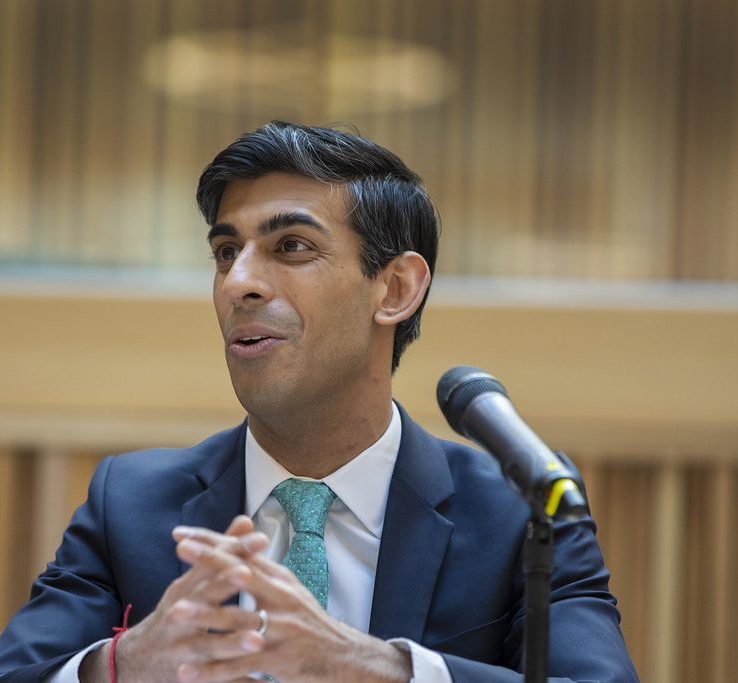On Monday, UK Prime Minister Rishi Sunak announced an end to the “golden era” of UK-China relations.
In a speech to the Lord Mayor’s Banquet in London, Sunak warned of China’s so-called “authoritarianism”, and repeated tired lies about Xinjiang and Hong Kong. This is unsurprising from a politician who made anti-China rhetoric a key part of his Conservative Party leadership bid.
In his banquet address, the Prime Minister made clear that “the so-called ‘golden era’ is over, along with the naive idea that trade would lead to social and political reform.” The phrase “golden era” calls back to the Tory approach to UK-China relations adopted under leader David Cameron.
In assuming that China could be pushed into “social and political reform” through trade with the UK, Sunak made his views clear. To expect that the UK’s government and businesses should shape China’s politics, rather than solely the Chinese people, is pure arrogance.
So Sunak is right about one thing – the idea that trade with China could lead to reform was indeed naive.
The Prime Minister was not entirely hostile to China. He highlighted the need to avoid “cold war” rhetoric, and urged for continued cooperation. However, he also called China a “systemic challenge to our values and interests, a challenge that grows more acute as it moves towards even greater authoritarianism.”
Here Sunak uses a favourite term of both liberals and conservatives – “authoritarianism”. The label is incredibly vague, and here means little more than ‘a government doing something we don’t like’. For a Prime Minister who apparently wants to avoid cold war rhetoric, framing China in opposition to “our values and interests” is an open contradiction.
This indecisiveness in Sunak’s rhetoric is not unexpected, considering the prominent role China plays in today’s world. The country has become the UK’s largest source of imports, providing 13.3% of imported goods last year. He cannot, upon recognising China’s challenge to western capitalists’ interests, simply cut all ties between the two countries.
The Prime Minister is still doing much to worsen relations. China was a major talking point in Sunak’s Tory leadership run, where he vowed to “kick the CCP out of our universities”.
This was part of his attacks on Confucius Institutes, about which he said “almost all UK government spending on Mandarin language teaching at school is channelled through university-based Confucius Institutes, thereby promoting Chinese soft power.”
If suggesting that the Chinese are trying influence us and gain greater power in our academic institutions does not count as cold war rhetoric, it is unclear what does.
Sunak has also been repeating typical western narratives about China, referencing his Lord Mayor’s Banquet speech “abuses in Xinjiang – and the curtailment of freedom in Hong Kong.” Whether he knows the propoganda around Xinjiang and Hong Kong is false, or genuinely believes it, does not matter. This serves to further hostilities and stoke up anti-Chinese sentiment.
The Prime Minister cannot have his cake and eat it. Either he can pursue cooperation, and non-interference in China’s affairs, or he can continue to push dangerous myths and weaken UK-Chinese relations further.
Mia English, is Challenge’s News Editor



